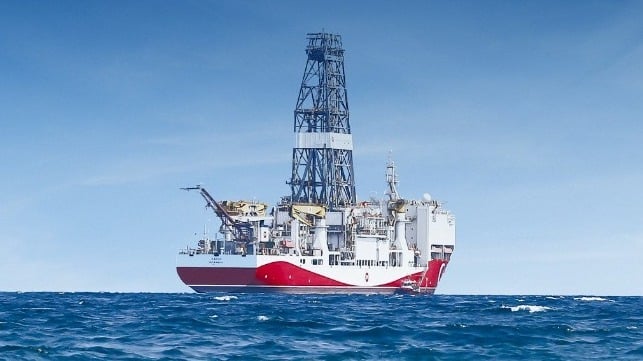Eastern Libya Set to Approve Turkey’s Mediterranean Gas Exploration Deal

Turkey is poised to strengthen its exploration rights in the Mediterranean region. Reports have emerged that Libya’s eastern-based government is likely to approve a 2019 maritime pact, which allows Turkey to explore for oil and gas in Libyan waters. The agreement had only been signed by the Tripoli-based government in Western Libya, which has strong ties with Ankara.
However, the eastern side in Benghazi seems to have softened its opposition to Turkey. According to Bloomberg, the Parliament in Benghazi is expected to approve the maritime pact with Turkey in coming weeks. The approval will give Turkey unfettered access to Libyan waters, where the Turkish Petroleum Corporation (TPAO) is about to begin geological and geophysical surveys.
The ratification of the pact is seen as a major milestone for Turkey’s ongoing diplomatic efforts to unify Libya’s two rival governments. Early this week, the Turkish navy vessel TCG Kinaliada made a port visit in Tripoli. The vessel is also expected in Benghazi, an indication of the warming relations between Turkey and eastern Libya. The de facto leader of eastern Libya, Field Marshal Khalifa Haftar, has been at odds with the Tripoli government over control of Libya’s oil revenue. The possibility of the two sides reaching a consensus on the exploration rights offers a glimmer of hope to Libya’s stability.
But the prospect of enacting the Turkey-Libya pact is likely to exacerbate ongoing maritime disputes in the Eastern Mediterranean. The agreement opens up the expansive Libyan EEZ to exploration by Turkish vessels, an area that overlaps with maritime claims of Greece and Cyprus. Both countries accuse Turkey of wanting to control the disputed waters, known for significant oil and gas reserves.
The hydrocarbon blocks near the Greek island of Crete are among the most contested. In June, the Tripoli-based Libyan government objected to Greece’s tender call for hydrocarbon exploration south of Crete. The Libyan government argued that some of the areas in the region constitute its maritime zone.
It remains to be seen how energy politics in the Eastern Mediterranean will pan out, especially at a time Turkey appears to be gaining influence in the region. As Turkey pushes to become a regional energy hub, the Mediterranean Sea presents significant potential in achieving the ambition. Recently, Turkey bought two drillships, which will boost its exploration capacity in the Mediterranean region.
